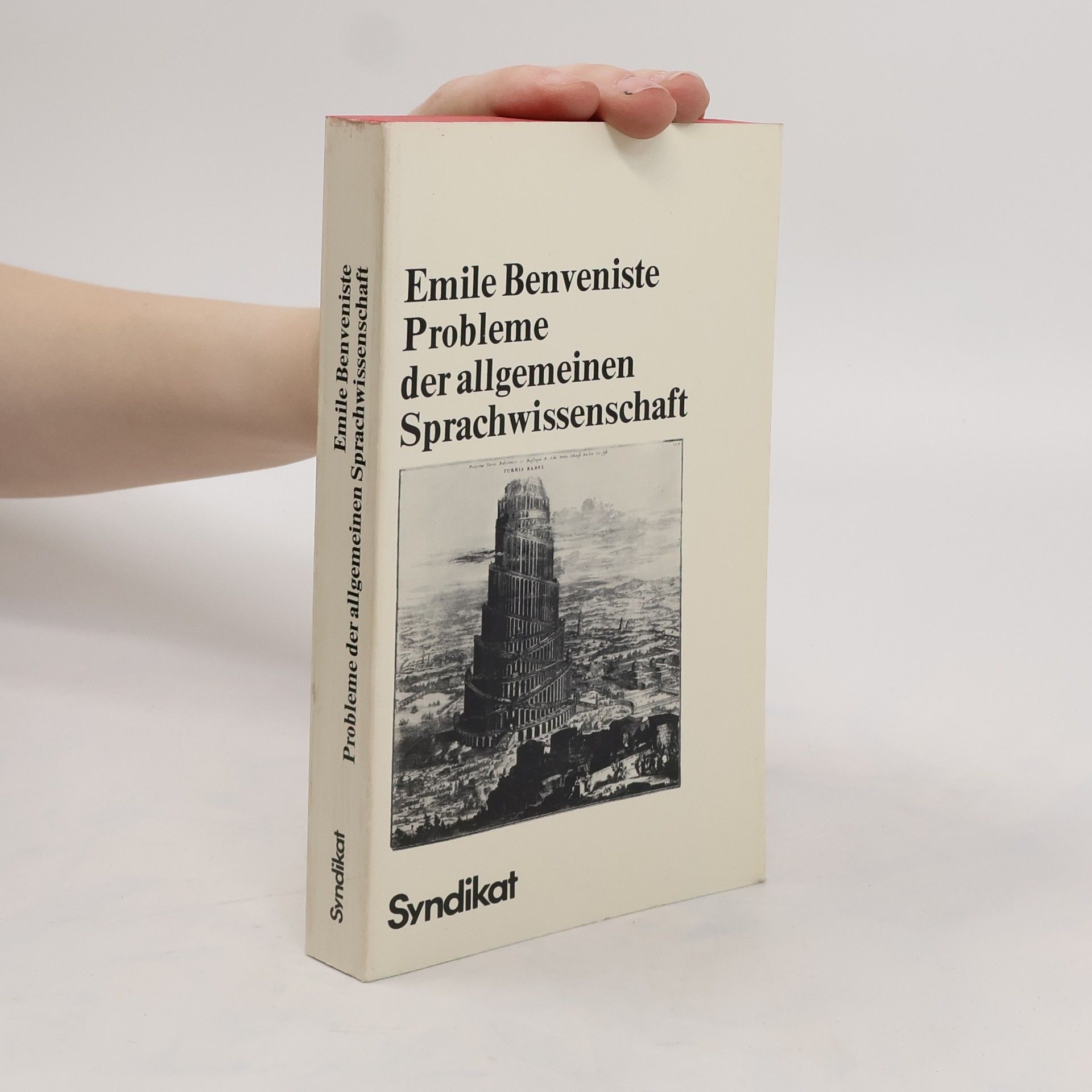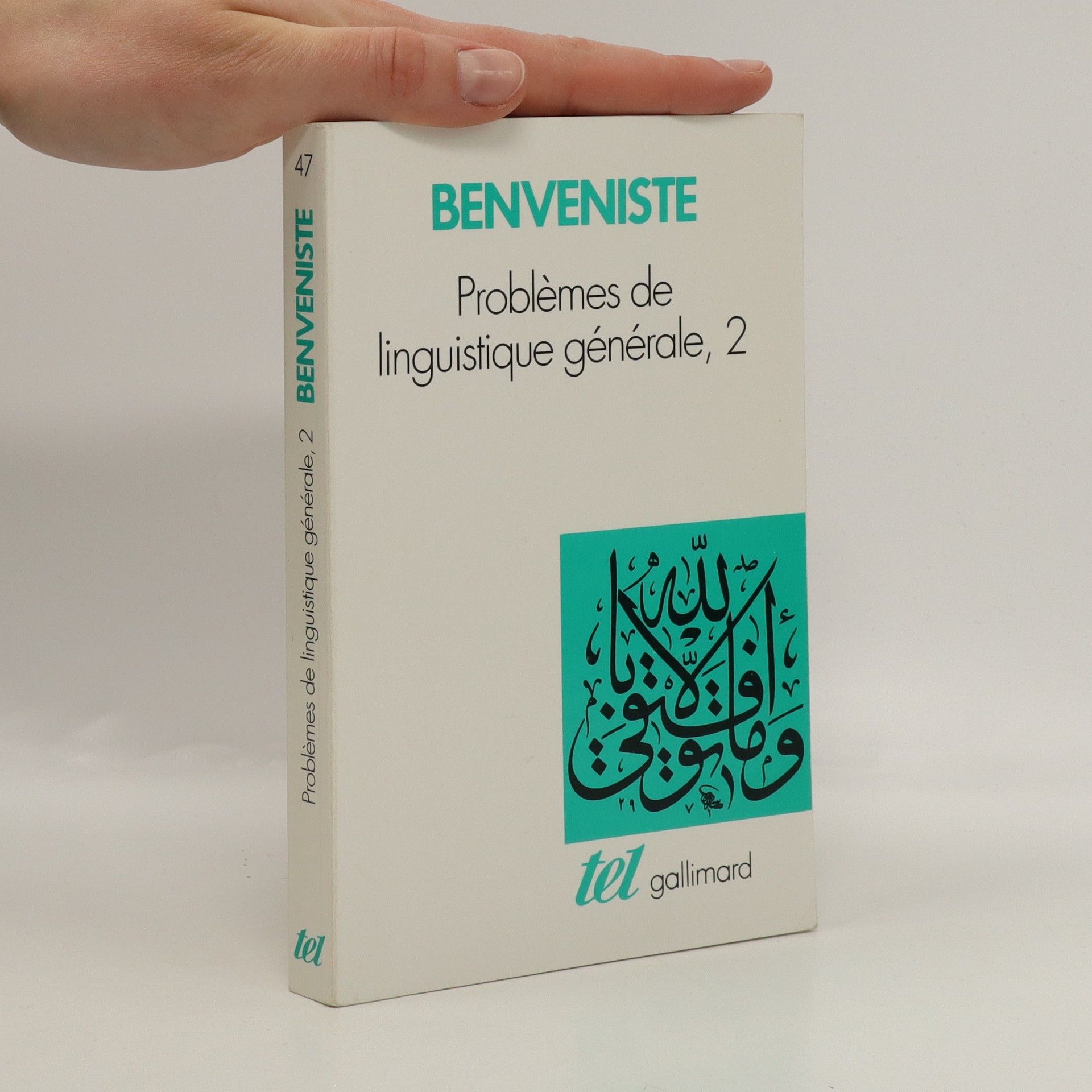Poslední přednášky na Collége de France 1968 a 1969
- 192 pages
- 7 hours of reading
V roce 1969 přednášel francouzský lingvista Émile Benveniste na Collège de France naposledy. Na začátku zimního semestru onemocněl tak těžce, že se nemohl dál věnovat ani teorii řeči a základům teorie písma, na nichž v té době pracoval, ani své pedagogické práci. Jeho poznámky k poslednímu kurzu, doplněné a upřesněné díky dochovaným zápiskům studentů, tvoří hlavní část této posmrtně vydané knihy. Ve své teorii řeči Benveniste proti sobě klade obecné významy slov, jež sdílíme jako mluvčí nějakého jazyka, a jedinečný smysl výpovědi, který vždy vzniká přetavením těchto obecných významů v rámci konkrétní mluvní situace. Autorova teorie písma se opírá o jeho výzkum rozmanitých systémů psaní, jak se ustavily v odlišných kulturách. Benveniste tvrdí, že písmo původně odkazovalo přímo k věcem a že v zápis mluvy se proměnilo až poté, co vynálezci písma začali v živé mluvě rozlišovat opakující se prvky jazyka. Benvenistovy přednášky představují důležitý pramen pro lingvisty, sémiology, filozofy jazyka i literární vědce, ovšem díky autorovu průzračnému stylu jsou snadno dostupné i čtenářům, kteří nejsou v uvedených oborech zběhlí. Text Posledních přednášek doplňuje úvodní studie Tzvetana Todorova a doslov Julie Kristevy.










